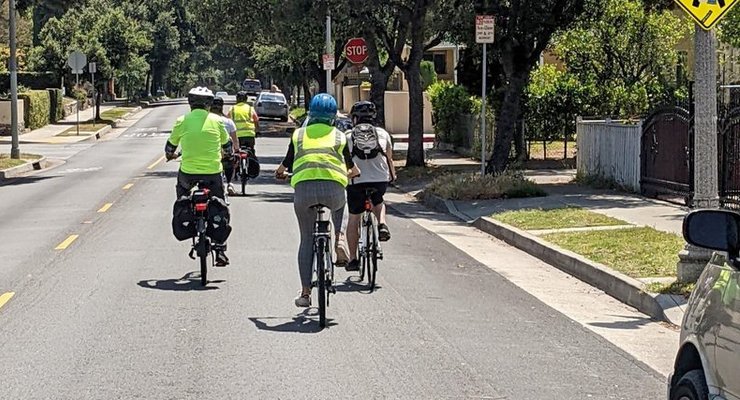
Pasadena’s Community Police Oversight Commission is developing a formal process to evaluate new policing technologies amid community concerns about privacy and potential bias in law enforcement tools such as license plate readers and drones.
“We were thinking that every time a piece of technology comes before the Commission, if we had some kind of formalized process, a set of steps, things that we would use in order to create the recommendation that we both agree are useful steps,” said Commissioner Lawrence Lurvey during the Commission’s meeting Thursday evening.
The Commission’s Technology Subcommittee, which has already met and reviewed previous work, proposed creating a standardized framework to assess new police technologies. This would include examining the need for the technology, metrics for evaluating its effectiveness, and whether alternatives were considered.
Commissioners hope this approach will lead to more productive discussions with the Police Department about proposed technologies. Commissioners have said their intention is to move away from contentious debates at public meetings and toward a more collaborative process.
“So an establishment of needs and which metric might we be looking at and were alternatives considered, those kind of regular things. We could apply that to any piece of technology that comes up and that would just make it…less of a contentious, ‘oh, why do you need that?'” Lurvey explained.
The subcommittee plans to research best practices from other police oversight bodies. Commissioner Florence Annang pointed to Mississippi and Chicago as models, each having developed strong good technology evaluation processes that could be examined. Subcommittee members reported they also intend to consult with the National Association for Civilian Oversight of Law Enforcement for guidance.
Some Pasadena residents have raised specific concerns about police technologies like Shot Spotter, a proposed shooting box for coordinating and controlling weapon fire inside buildings to be used for police training, license plate readers, drones, a mobile observation tower and other devices.
Commissioner Raúl Ibáñez expressed interest in having the Police Department present on these topics at future meetings in response to community concerns.
In other business, the Commission voted to change their regular meeting day to the second Thursday of every month and modified their voting requirements from needing six affirmative votes to a simple majority of the quorum present.


















